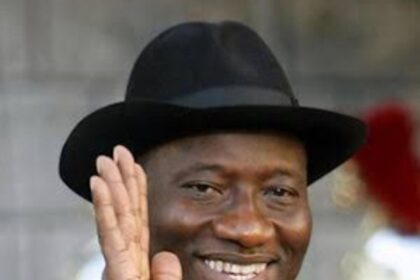The President, Lagos Chamber of Commerce and Industry (LCCI), Dr. Chinyere Almona and former LCCI Director-General, Muda Yusuf, have kicked against the tariff imposed on soft drinks.
LCCI President, Dr Alumona. said the rise would inevitably lead to an increase in cost, decrease in demand and inevitably, job loss.
She said the Federal Government has announced it will charge an excise levy of N10 per liter on all non-alcoholic carbonated sweetened beverages to discourage excessive sugar consumption and boost revenue. The immediate concerns are the likely increase in prices which may lead to a decrease in demand and, consequently, loss of jobs due to a reduction in production activities. The prohibition on imported drinks should be better enforced to protect domestic production from unfair competition in the face of the high cost of production in Nigeria.”
She explained that the Chamber supports both the government’s revenue drive and the pro-health considerations of the stakeholders. However, she recommended that the revenue from these levies be channeled into improving the country’s grossly inadequate health infrastructure.
She said the allocation to the health sector in the budget should be reviewed upward to the region of N1trillione invested into the sector in the next ten years.
“The Chamber is also concerned about the government’s stance on the enforcement of revenue targets on government-owned enterprises. The operations of these Government-Owned Enterprises (GOEs) should not build up into a hostile business environment where the private sector will find it challenging to thrive. And beyond the levying of taxes on carbonated drinks to force a reduction in consumption, we urge the various public health agencies to regulate the production of sugary drinks to reduce their negative effect on human health,” he added.
Yusuf recalled that revenue limitations have always been the major downside risk to budget implementation.
He said: “The experience with the N17.13 trillion 2022 Federal Government budget is unlikely to be different. The revenue target of over N10 trillion is optimistic the reason being that the economy is still in a recovery phase, oil revenues are volatile and unpredictable and expectations from independent revenue may be difficult to achieve bearing in mind the crowding out effect of electioneering activities in 2022.”
According to him the implications are that the deficit projection of over N6 trillion may be much higher heightening the debt level while the monetisation of fiscal deficit may remain elevated with serious implications for inflation.
“For the private sector, the bullish disposition of government on revenue generation and the new tax initiatives would hurt investment in 2022. The reintroduction of Excise Duty on some manufacturing firms will impact negatively on manufacturing outlook and job creation.
“The views expressed by the president at the point of assenting to the appropriation bill are very fundamental and weighty concerns. I think the president should have withheld assent until proper reconciliation was done. After all there is nothing sacrosanct about signing the bill in December.
“This development also raises a fundamental constitutional issue as to who has the final say on the budgetary appropriation. Is it the legislature or the executive? Does the legislature have the power to introduce new projects and delete those in the bill. These are fundamental constitutional questions that need to be resolved,” he said.
Titled: “Budget of Economic Growth and Sustainability”, it was signed by President Muhammadu Buhari last week. A total of N17.126 trillion was passed against the N16 trillion presented by the President.
Among reasons given for the increase were the COVID-19 pandemic and its new variant, Omicron, which is spreading widely across the world with potentials to negative impact on lives and the economy.
According to the projected funding process for the budget earlier laid out by Minister of Finance, Budget and National Planning, Mrs. Zainab Ahmed, revenues of N6.54 trillion and N2.62 trillion are projected to accrue to the Federation Account and the Value Added Tax (VAT), respectively.
The Minister hinted that the deficit would be funded through borrowings, expectedly; some of these key provisions in the 2022 budget have drawn diverse reactions from experts.



